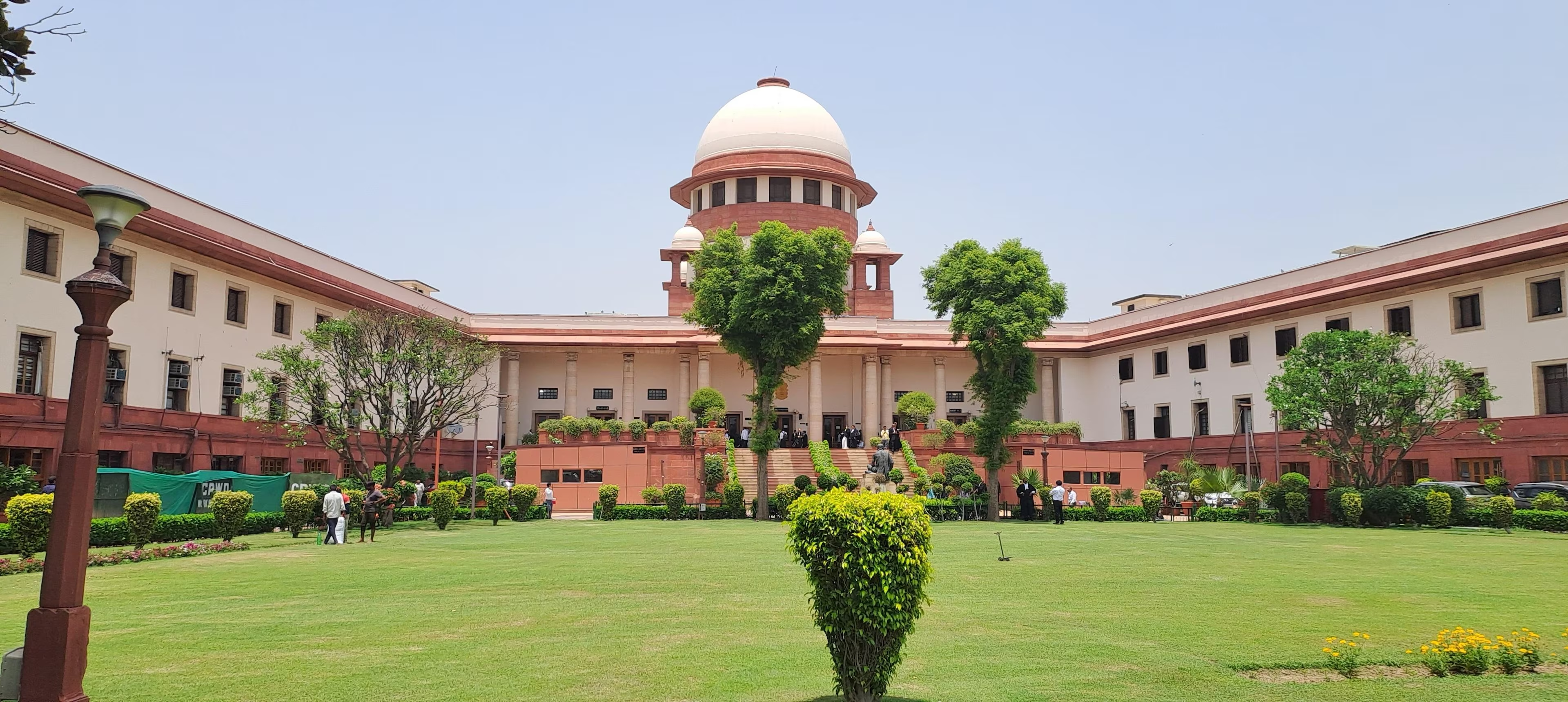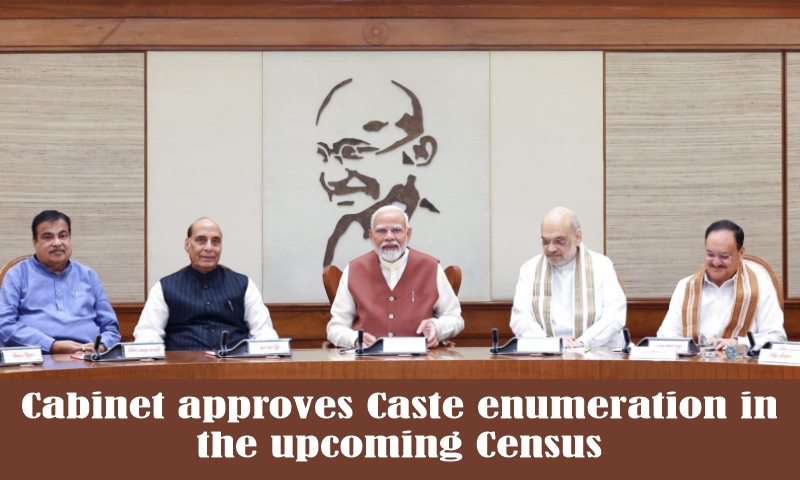- Courses
- GS Full Course 1 Year
- GS Full Course 2 Year
- GS Full Course 3 Year
- GS Full Course Till Selection
- CSAT
- 5 LAYERED ARJUNA Mentorship
- Public Administration Optional
- Online Program
- GS Recorded Course
- NCERT (Recorded 500+ Hours)
- Polity Recorded Course
- Geography Recorded Course
- Economy Recorded Course
- AMAC Recorded Course
- Modern India, Post Independence & World History
- Environment Recoded Course
- Governance Recoded Course
- Science & Tech. Recoded Course
- International Relations and Internal Security Recorded Course
- Disaster Management Module Course
- Ethics Recoded Course
- Essay Recoded Course
- Current Affairs Recoded Course
- ABOUT US
- OUR TOPPERS
- TEST SERIES
- FREE STUDY MATERIAL
- VIDEOS
- CONTACT US
Sri Lanka-13th Amendment
Sri Lanka-13th Amendment
21-07-2023
Latest Context:
- The Tamil National Alliance (TNA) recently “categorically rejected” Sri Lankan President’s offer to implement the 13th Amendment.
- 13th Amendment was evolved as a demand by the moderate Tamilians during the Civil War and has still remained a key demand from the Sri Lankan government.
Sri Lanka Civil War:
- Sri Lanka has been involved in ethnic conflict since the country, formerly known as Ceylon, became independent from British rule in 1948.
- The Sri Lankan Civil War was a civil war fought in Sri Lanka from 1983 to 2009.
- Beginning on 23 July 1983, it was an intermittent insurgency against the government by the Velupillai Prabhakaran-led Liberation Tigers of Tamil Eelam (LTTE).
- The LTTE fought to create an independent Tamil state called Tamil Eelam in the north-east of the island.
- The demand for Ealam was due to the continuous discrimination and violent persecution against Sri Lankan Tamils by the Sinhalese-dominated Sri Lanka government.
- After a 26-year military campaign, the Sri Lankan military defeated the Tamil Tigers in May 2009, bringing the civil war to an end.
- Even to this date, the military is visibly present in the Tamil-majority north and east till date, 14 years after the civil war ended.
Indian intervention in the Civil War:
- India intervened in the Civil War by sending its troops (Indian Peace Keeping Forces) under “Operation Pawan” in Sri Lanka, who were intended to perform a peacekeeping role.
- The intervention was the result of Indo-Sri Lankan Accord between India and Sri Lanka of 1987.
- The Accord was intended to end the Sri Lankan Civil War between LTTE and the Sri Lankan military.
- Indian Peace Keeping Forces (IPKF) engaged the Liberation Tigers of Tamil Eelam in a series of battles to make the LTTE surrender the arms and enter into negotiations with the Sri Lankan government.
- The failure of IPKF to make LTTE surrender forced them to withdraw from Sri Lanka.
Tamil National Alliance:
- The Tamil National Alliance (TNA) is a political alliance in Sri Lanka that represents the country's Sri Lankan Tamil minority.
- Tamilians constitute around 10% of Sri Lanka’s population. The Sinhalese who are Buddhists dominate the population in Sri Lanka.
- TNA was formed in October 2001 by a group of moderate Tamil nationalist parties and former militant groups.
- The alliance originally supported self-determination in an autonomous state (Tamil Eelam) for the island's Tamils.
- It supported negotiations with the rebel Liberation Tigers of Tamil Eelam (LTTE) to resolve the civil war in Sri Lanka.
13th Amendment:
- The 13th Amendment is a Sri Lankan legislation on the devolution of power to the nine Tamil provinces, but has never been fully implemented.
- Subjects such as education, health, agriculture, housing, land and police are devolved to the provincial administrations.
- Restrictions on financial powers to the provinces and overriding powers given to the President are some of the reasons behind the lack of progress in the 13th Amendment.
- The Tamil National Alliance (TNA) on 18th July “categorically rejected” Sri Lankan President Ranil Wickremesinghe’s offer to implement the 13th Amendment.
- The reason behind the rejection was the absence of police powers given to the Tamil Provinces.
- Successive governments in Sri Lanka have refused to grant land and police powers to the provinces.
- India has consistently emphasized the “full implementation” of the legislation, which was enacted after the Indo-Lanka Accord of 1987.
- As a part of Sri Lankan Tamils’ historic demand for the right to self-determination, 13th Amendment remains the only legislative guarantee of some power devolution.
Latest offer from the Sri Lankan Government to the Tamil Provinces:
- The SL government has listed developmental plans which includes several projects promised in the past, such as upgrading the Palaly Airport and Kankesanturai Harbour in Jaffna.
- It is also planning to establish ferry connectivity between south India and northern Sri Lanka.
- The plan also includes devolution of power to the provinces “with the exception of police powers”.
Must Check: IAS Coaching Centre In Delhi



